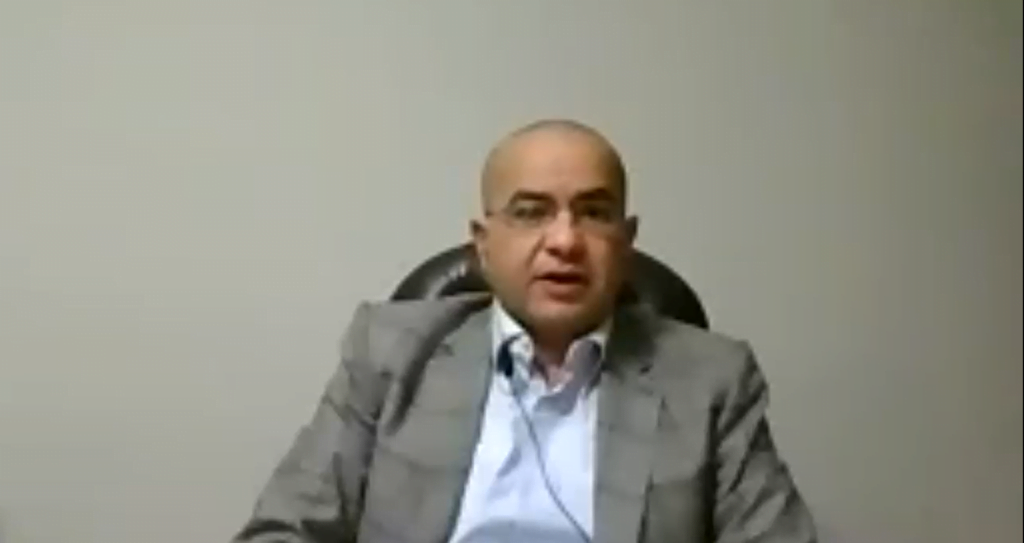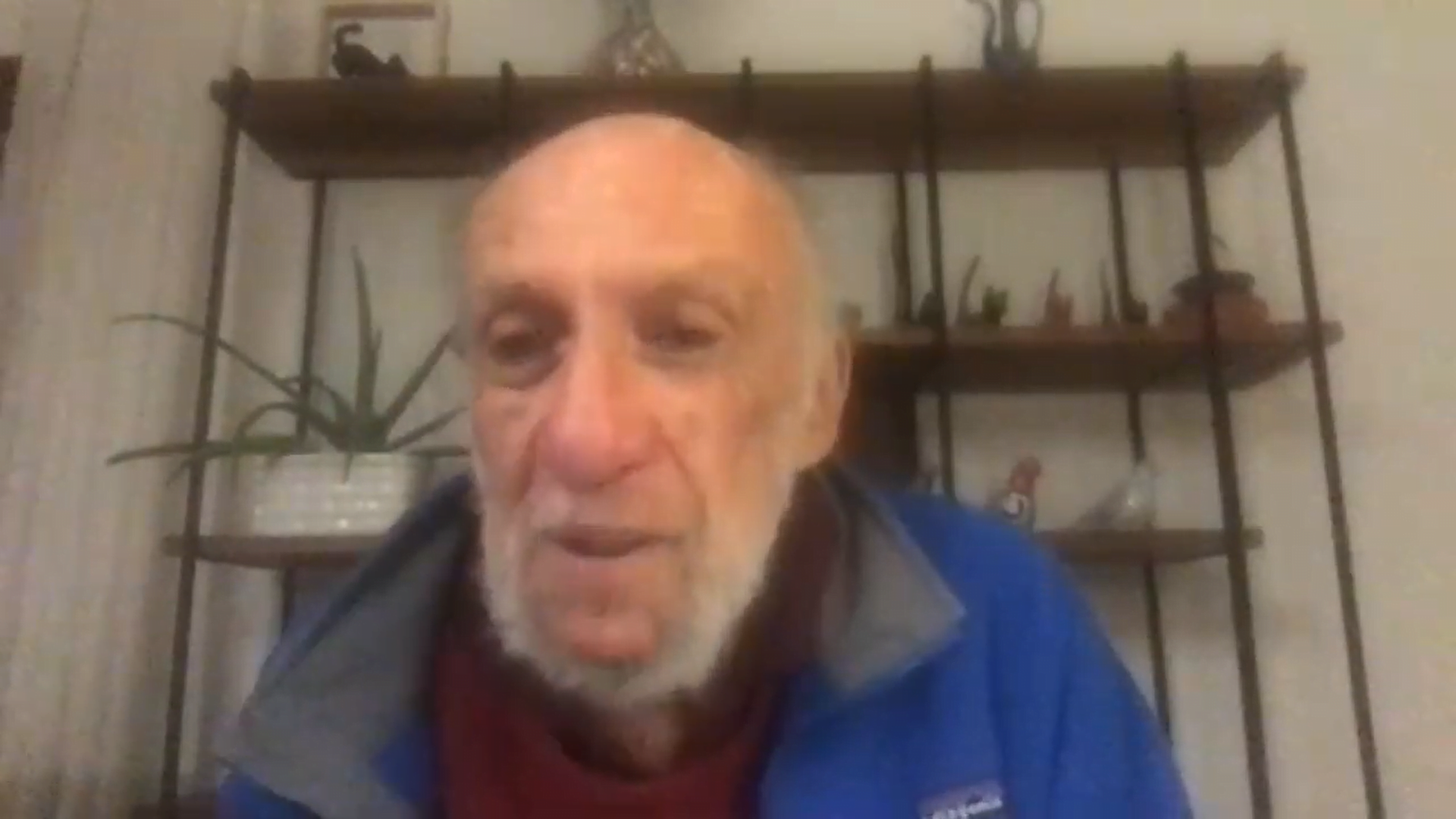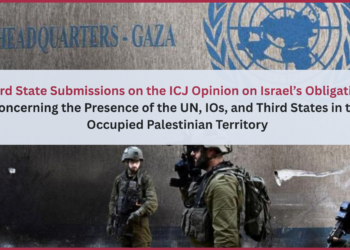United Kingdom-21/03/2021: “Law for Palestine” organized a new panel discussion within the monthly webinars of its “Jurists for Palestine Forum”. The panel discussion, which was titled “The Applicability and Validity of the Geneva Conventions in the Context of Prolonged Occupation – Israeli Occupation as an Example”, discussed the applicability of the provisions of the Geneva Conventions to the prolonged Israeli occupation of the Palestinian territories.
The panel discussion was held on Wednesday 10 March 2021 via Zoom and hosted Prof. Richard Falk, an international law scholar and the former UN special rapporteur on the human rights situation in the occupied Palestinian territories.
The discussion was moderated by Dr. Ahmad Khalifa, an IHL expert and an assistant professor of international criminal law at Ain Shams University. Dr. Khalifa began by recalling the topics of the Forum’s previous webinars and setting a connection between them and the subject of this webinar, as throughout the previous month the question of whether the Geneva Conventions were in force on the question of Palestine was repeatedly raised. Are these conventions applicable in cases of prolonged occupation? Is there a need to amend the provisions of the Convention, and in which way? These are some of the questions that this webinar was discussing.

Over the course of an hour and thirty minutes, the webinar’s 23 participants of legal researchers and discussed together with Prof. Falk the question of the applicability of the provisions of the Geneva Conventions to the Israeli occupation of the Palestinian territories which is considered the longest in history.
The Geneva Conventions are not Enough, and there is a Need for an Additional Protocol:
Professor Falk started his speech by recalling the difficulties faced by the Palestinians due to the Israeli occupation, which were not addressed by the Geneva Conventions. Prof. Falk discussed the main question of this webinar which is the adequacy of the framework of the Geneva Conventions for an occupation that lasted for more than 50 years. He stressed out that the Geneva Convention was designed with the intention that the occupation is temporary, and the situation will be resolved after the war. However, the continuation of an occupation for more than 50 years caused the ineffectiveness of these Conventions in protecting the welfare of the occupied civilians, as the occupation turned into a constant regime instead.
Falk also mentioned how Israel succeeded in challenging several main principles of the Geneva Conventions. For instance, the conservationist principle was breached by the continuous expansion of Israeli settlements in the West Bank, despite the Security Council resolution 2334, which confirmed their illegitimacy. Professor Falk noted the question of a two-state solution. However, according to Falk, Israel had no clear intention of achieving this solution as it rejected the peace process and the emergence of a Palestinian State with East Jerusalem as its capital. He stressed that there is no other way to create a viable Palestinian state but through removing the Israeli settlements, which seems impossible for Israel to implement.

Professor Falk concluded by reiterating that the Geneva Conventions are no longer efficient or enough in cases of prolonged occupation. He raised the urgent need for an additional protocol that would set limits for the maximum period of occupation and establish alternatives and regulations to deal with the territories where occupation is prolonged for many years.
The participants discussed with Falk the potential benefits of adding a protocol to the Geneva Conventions and whether it could bring any positive implications for the Palestinian people and their case rather than just adding another ineffective document to the already existing regulations. They also discussed the extent to which there are steps at the international level to amend the conventions, and other questions that Professor Falk discussed with the attendees during the panel in a rich and structured dialogue.

This webinar comes within the monthly activities of the Jurists for Palestine Forum, affiliated to the Law for Palestine Organization. The Forum is holding online monthly webinars gathering international experts and researchers, students, jurists and people interested in Palestine from different countries of the world to discuss topics and developments related to international law and Palestine, in addition to effectively networking between jurists interested in Palestine from all over the world.
* To attend the next monthly webinars of Jurists for Palestine Forum, you can register via the following link “here“





